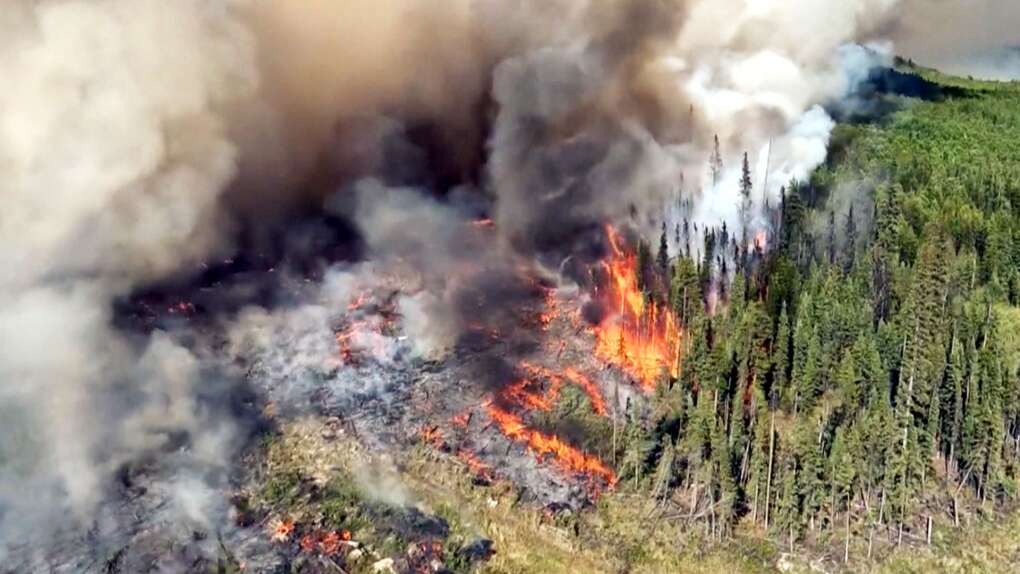Canada is currently facing one of the most severe wildfire seasons in its history, with devastating consequences for both its people and its environment. The alarming increase in the number and intensity of wildfires can be attributed, in part, to the impacts of climate change. In this comprehensive article, we delve into the details of the current wildfire situation in Canada, exploring its causes, effects, and potential solutions.

Unprecedented Wildfire Statistics
As of the latest update from the Canadian Interagency Forest Fire Centre, a staggering 2,258 wildfires have been recorded so far this year. Among these, 426 wildfires remain active, with a troubling 240 categorized as out of control. These fires have ravaged the country, spanning across nine provinces and territories, from Alberta in the west to Quebec in the east.
The scale of the destruction is shocking. Over 3.6 million hectares of land have already been consumed by these wildfires, leaving behind a trail of devastation. These figures far surpass the typical wildfire season, which usually sees around 1,600 events covering approximately 250,000 hectares. The severity of this year’s wildfire season serves as a grim reminder of the urgent need for action.
Climate Change Amplifying the Crisis
It is widely acknowledged that climate change is playing a significant role in exacerbating the wildfire crisis in Canada. Rising temperatures, prolonged droughts, and changing weather patterns have created ideal conditions for wildfires to thrive and spread rapidly. The increase in average temperatures and the decrease in rainfall have left vegetation dry and susceptible to ignition.
According to a forecast presented by the Government, the projections for June indicate the potential for continued higher-than-normal fire activity throughout the 2023 wildland fire season. The modelling suggests that the majority of Canada is now under the constant threat of wildfires, with the situation only expected to worsen.
Prime Minister’s Concern
As per Global News , Canadian Prime Minister Justin Trudeau has expressed deep concern over the escalating severity of wildfires and their link to climate change. During a press conference in Ottawa, he emphasized that with each passing year, the frequency and intensity of wildfires have been on the rise, even in areas where they were previously uncommon. The Prime Minister’s acknowledgment of the issue highlights the urgent need for proactive measures to address this growing crisis.
Human Impact and Displacement
The impact of wildfires extends far beyond the destruction of forests and wildlife habitats. It has taken a tremendous toll on the lives of Canadian citizens, with over 120,000 individuals already displaced by the fires this year. In addition, more than 25,000 people are currently living under evacuation orders, anxiously waiting for the situation to improve.
These distressing numbers emphasize the urgent need for comprehensive emergency preparedness and response strategies. Government officials and ministries, such as the Minister of Emergency Preparedness Bill Blair, recognize the gravity of the situation. Minister Blair affirms that the images witnessed during this wildfire season rank among the most severe ever witnessed in Canada.
Addressing the Challenge Head-On
While the current situation is undoubtedly concerning, Prime Minister Trudeau remains steadfast in his commitment to addressing the wildfire crisis. He highlights the importance of emergency preparedness, emphasizing that plans are already in place to handle the challenges posed by this unusually severe phenomenon.



